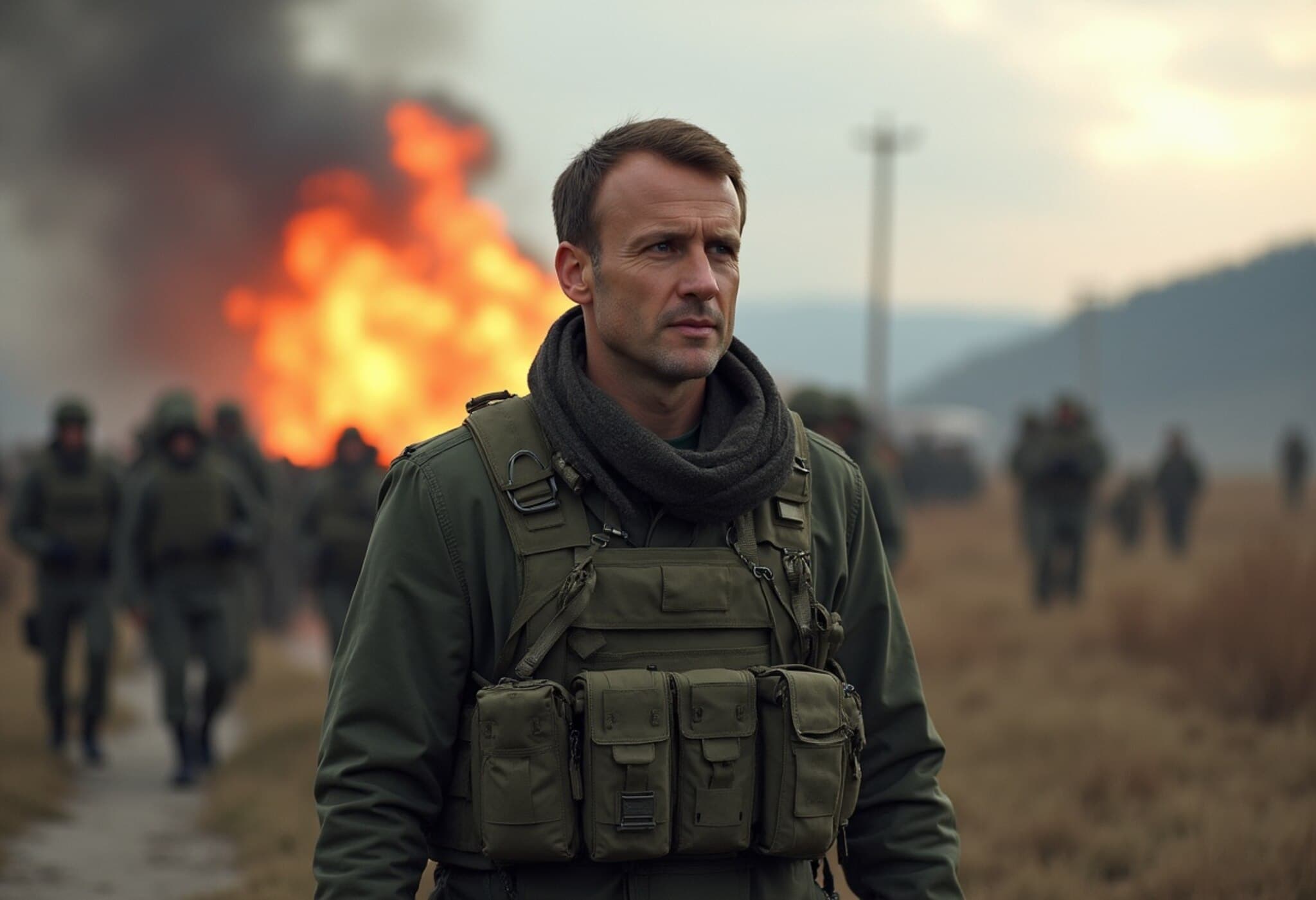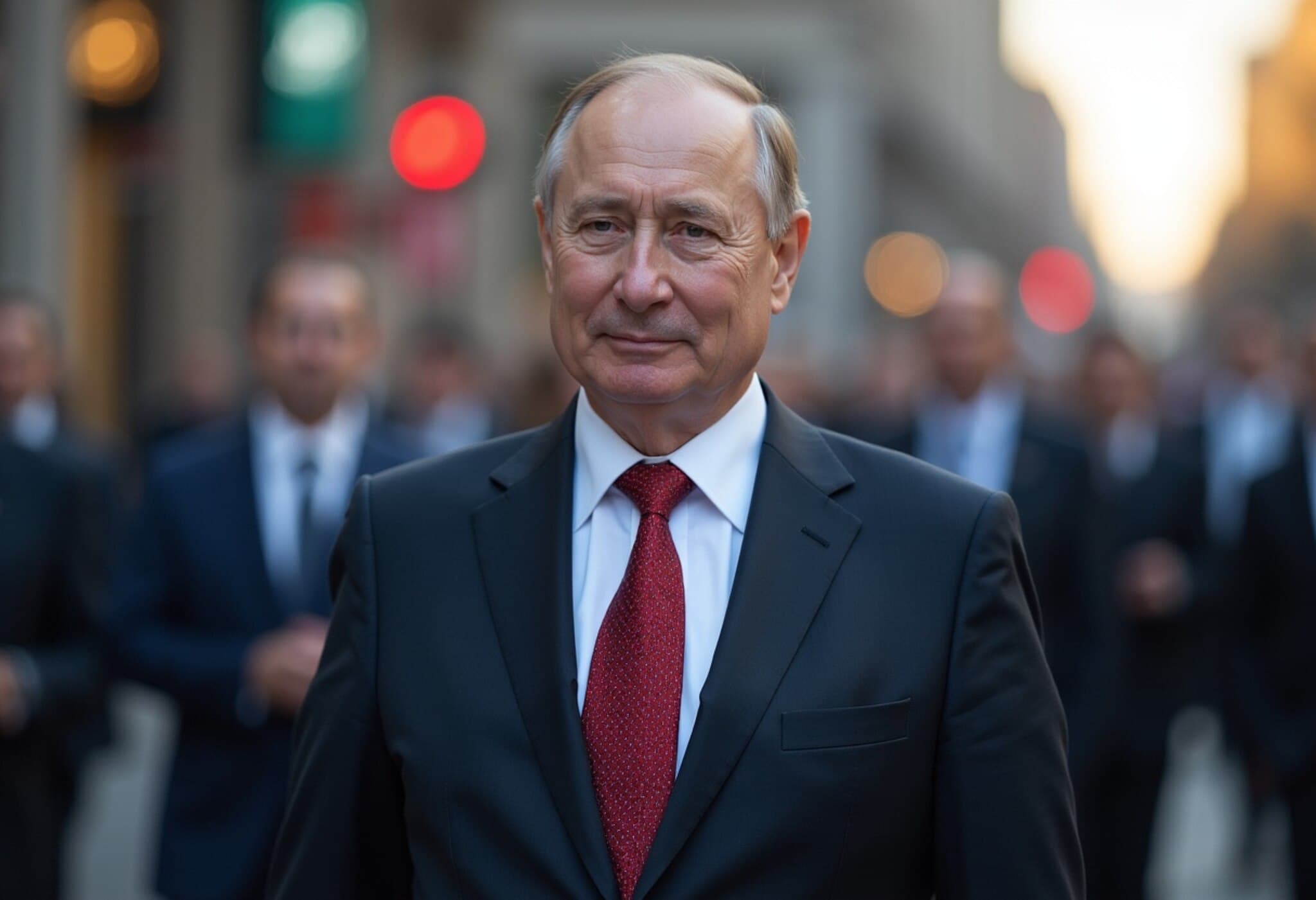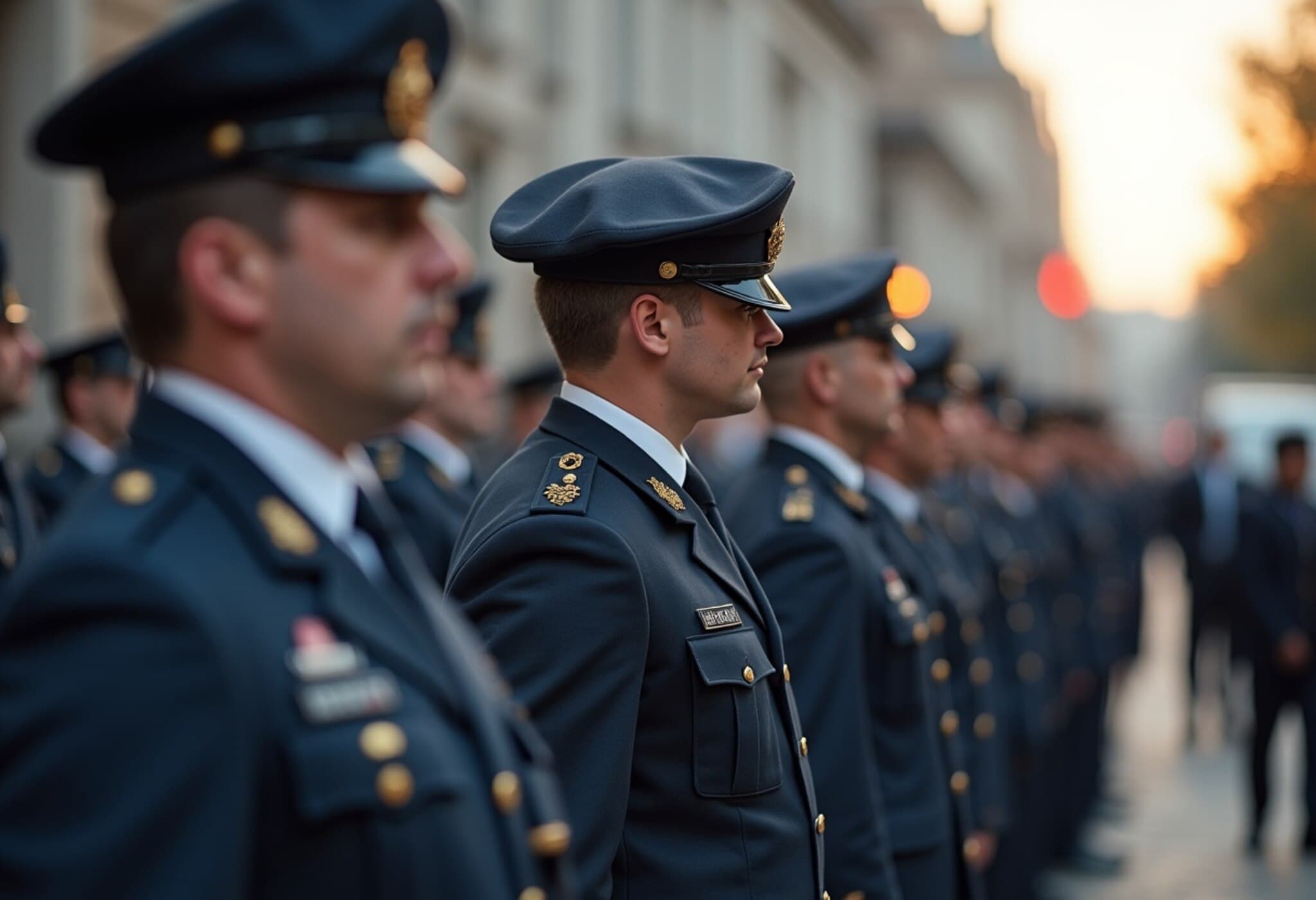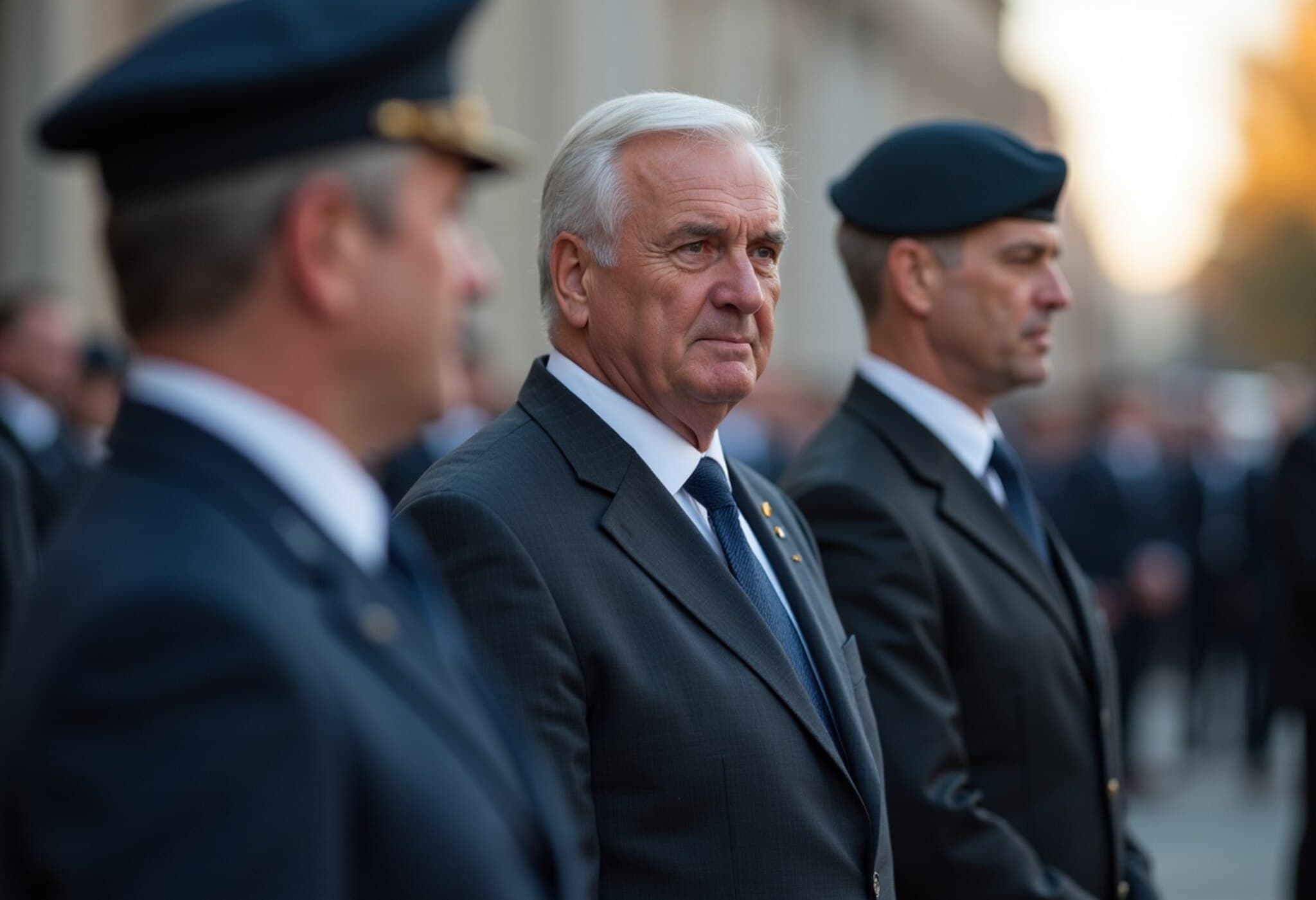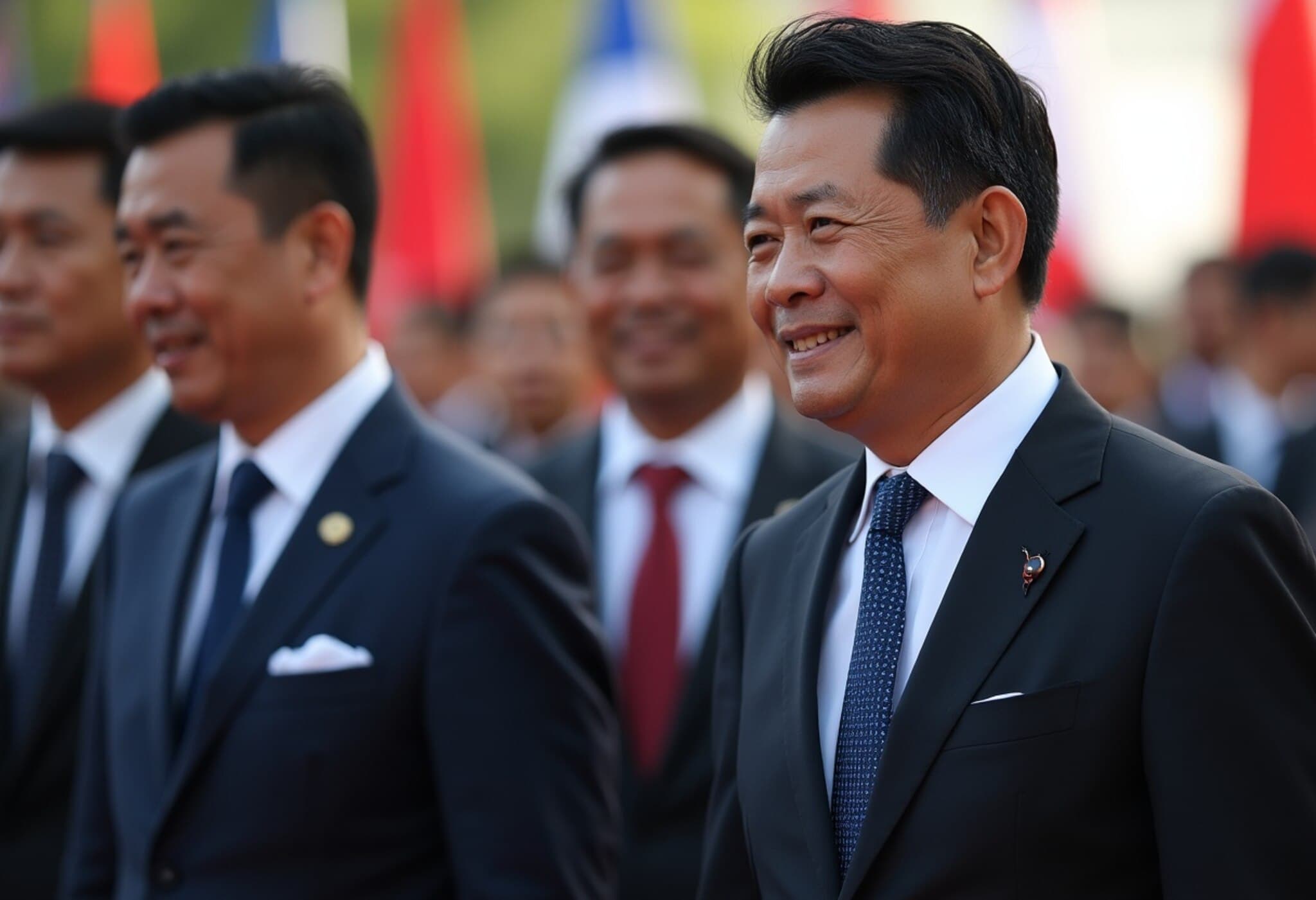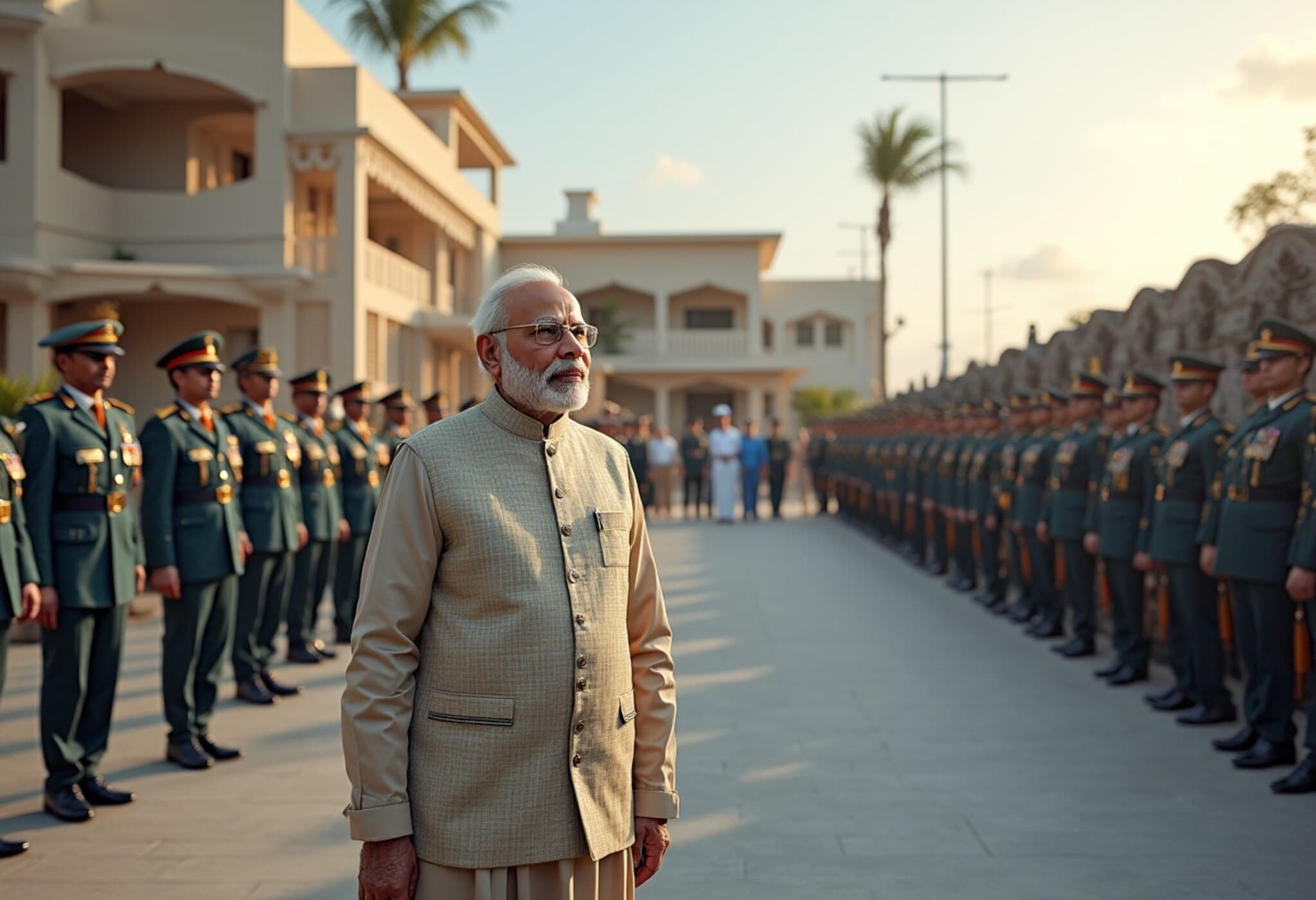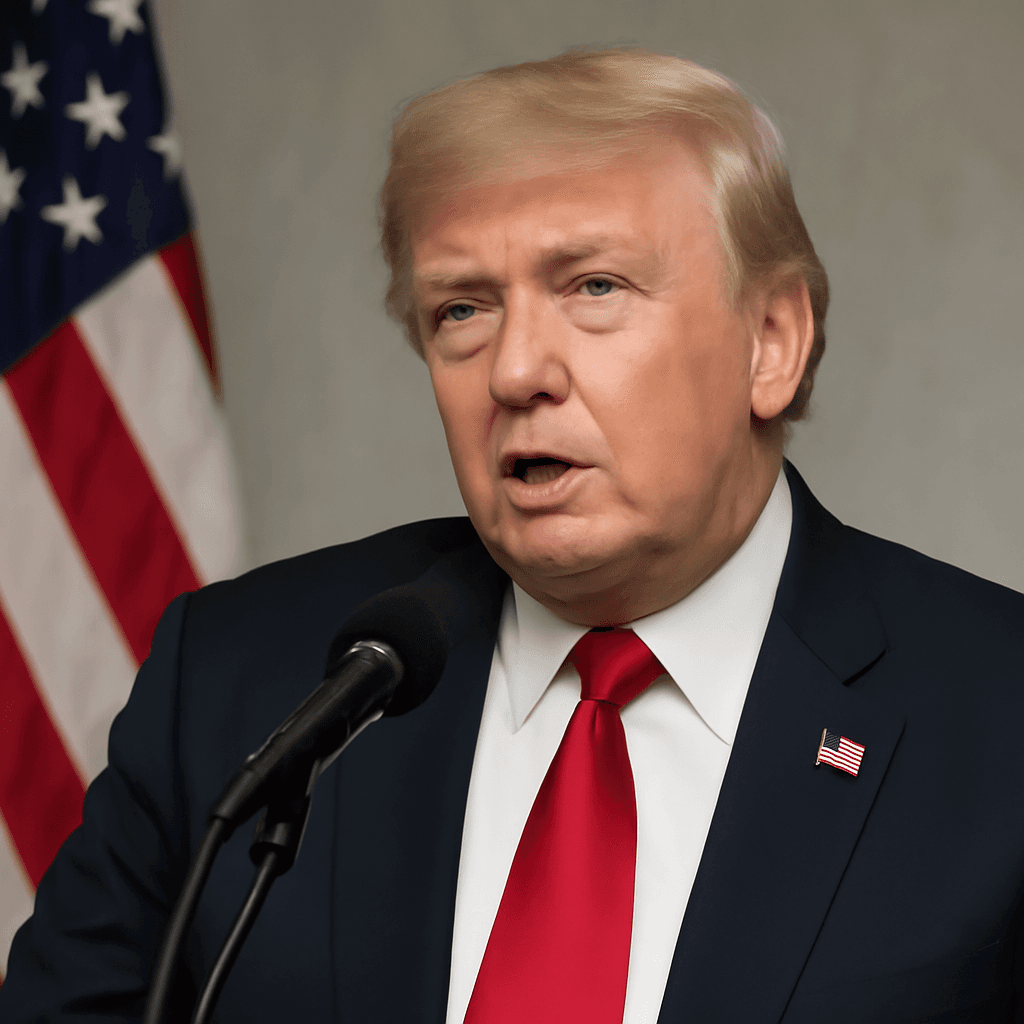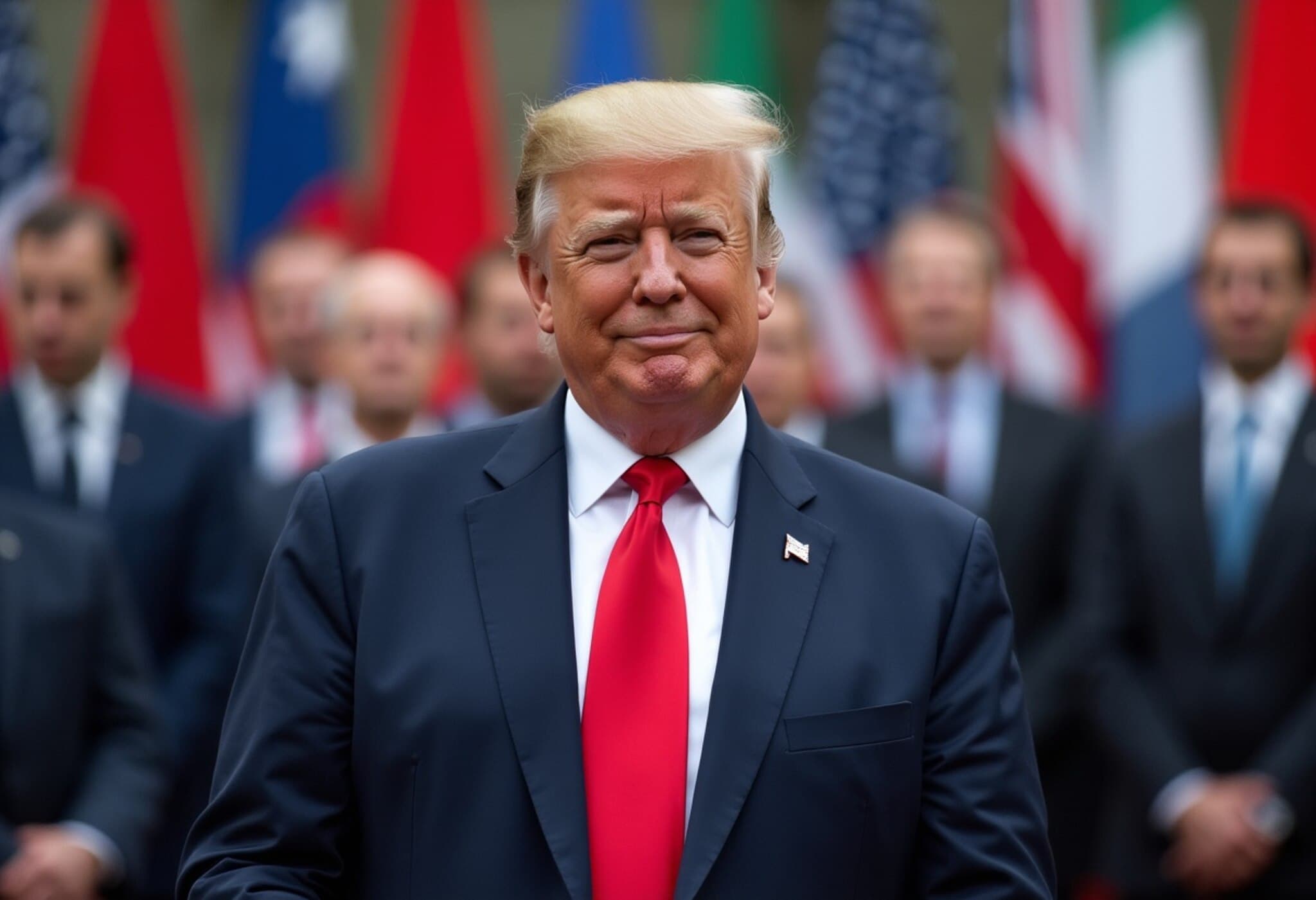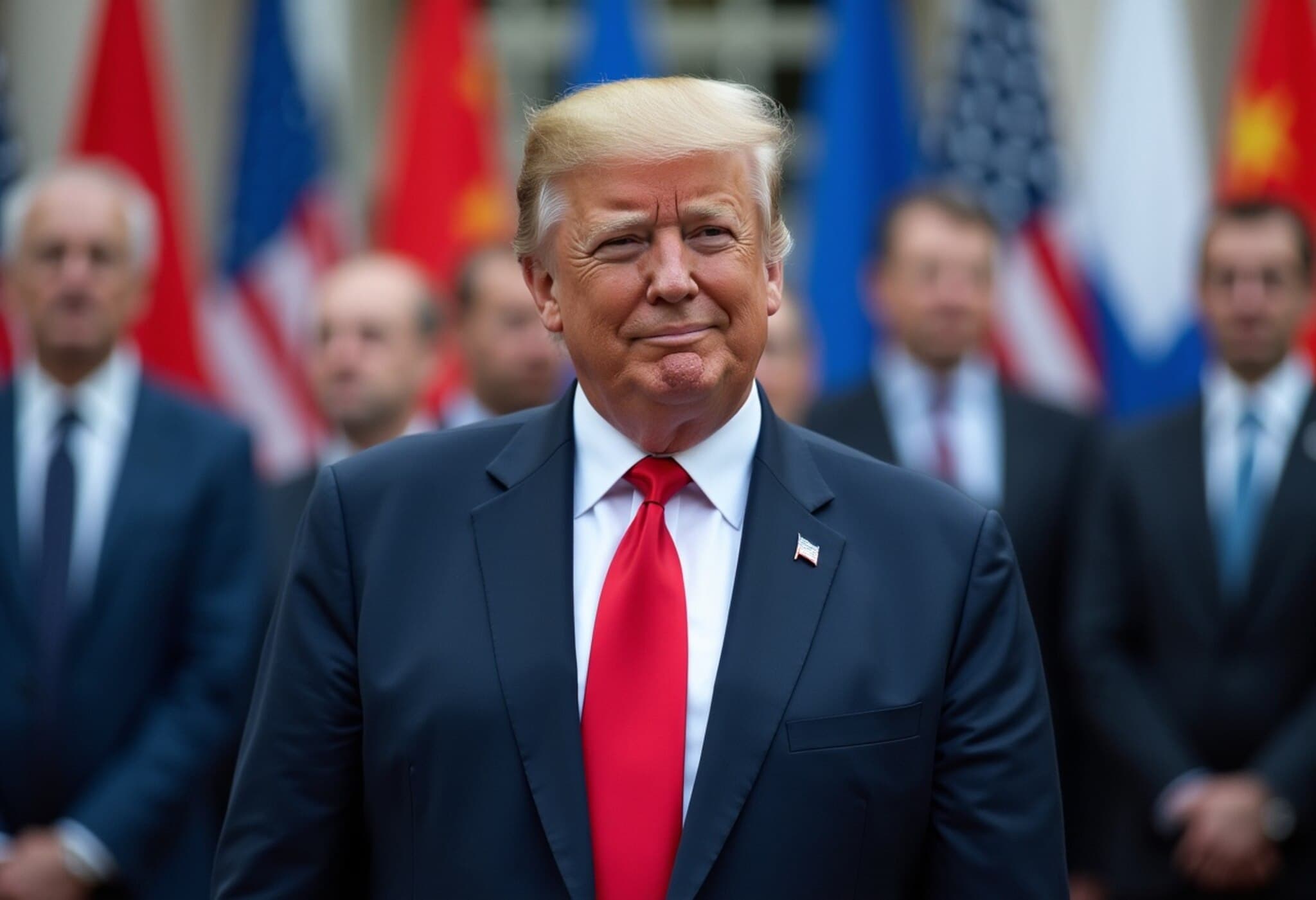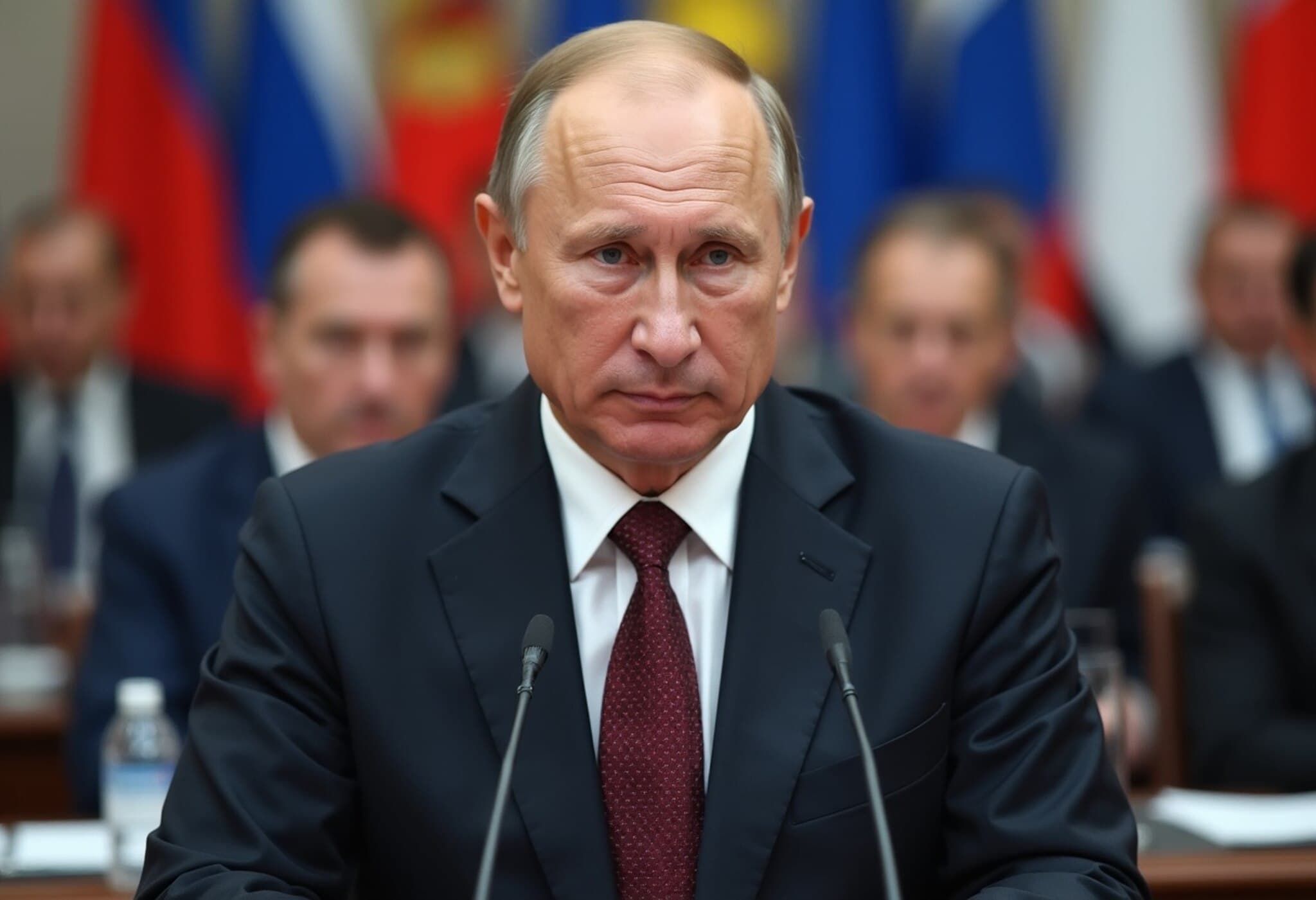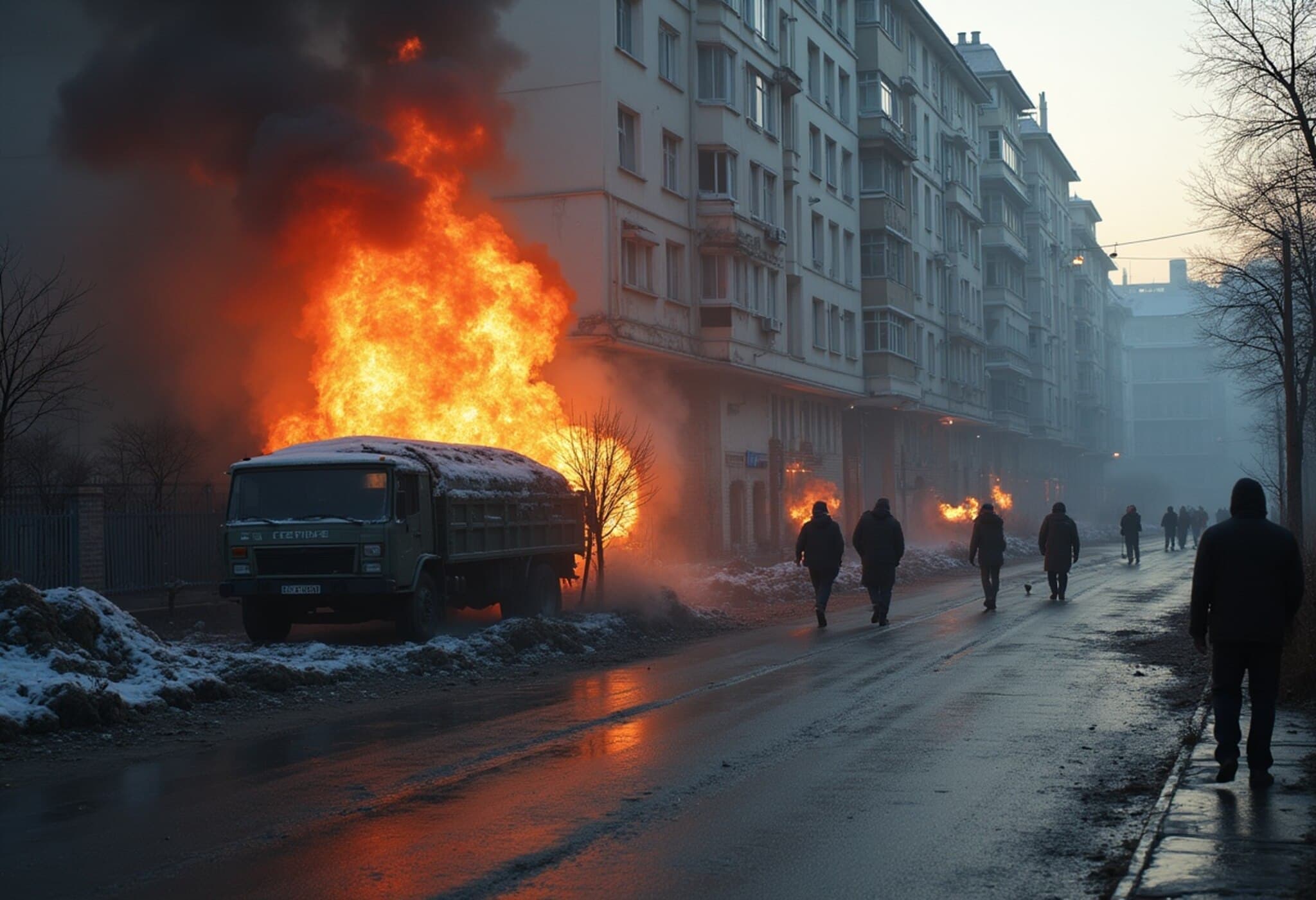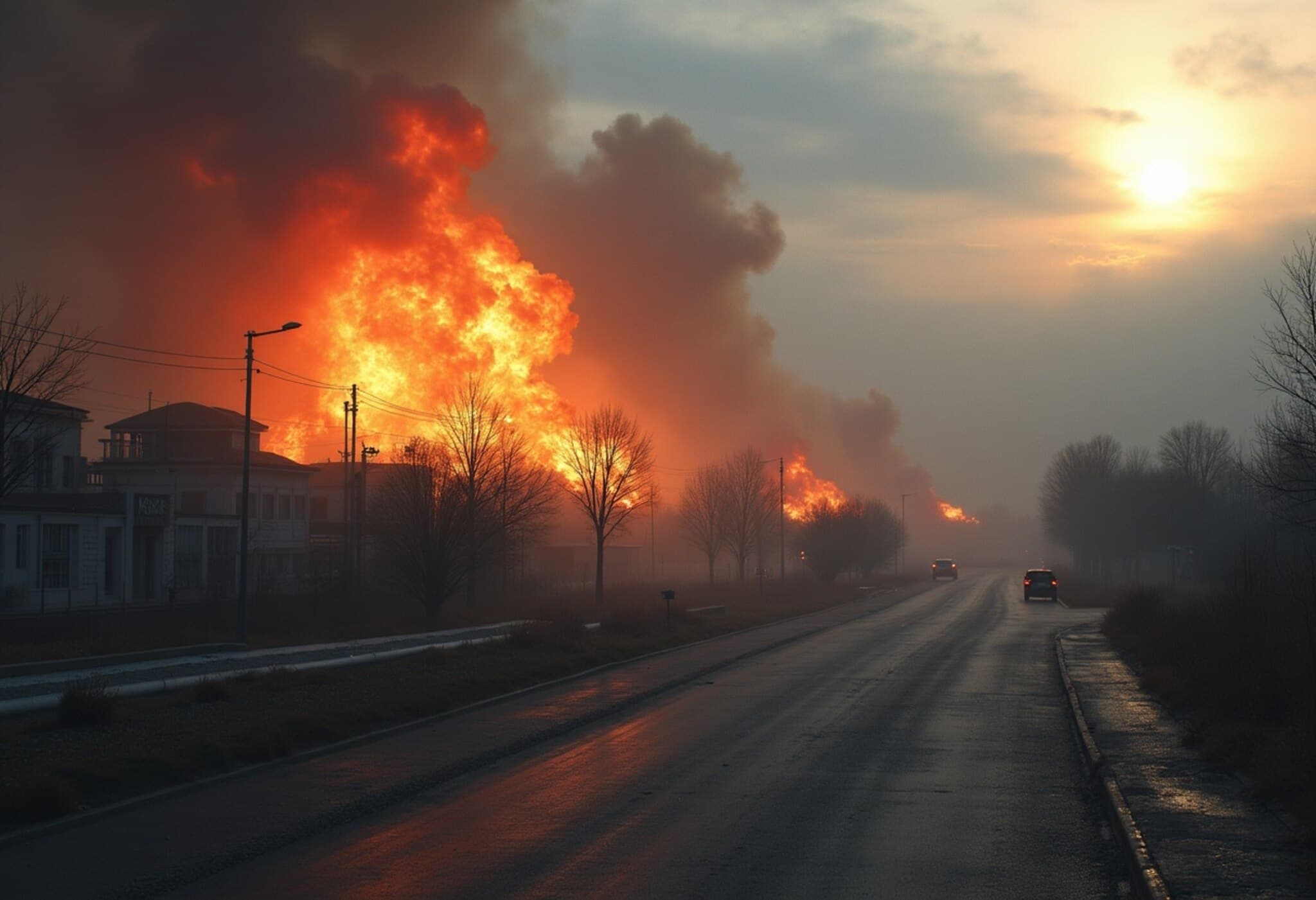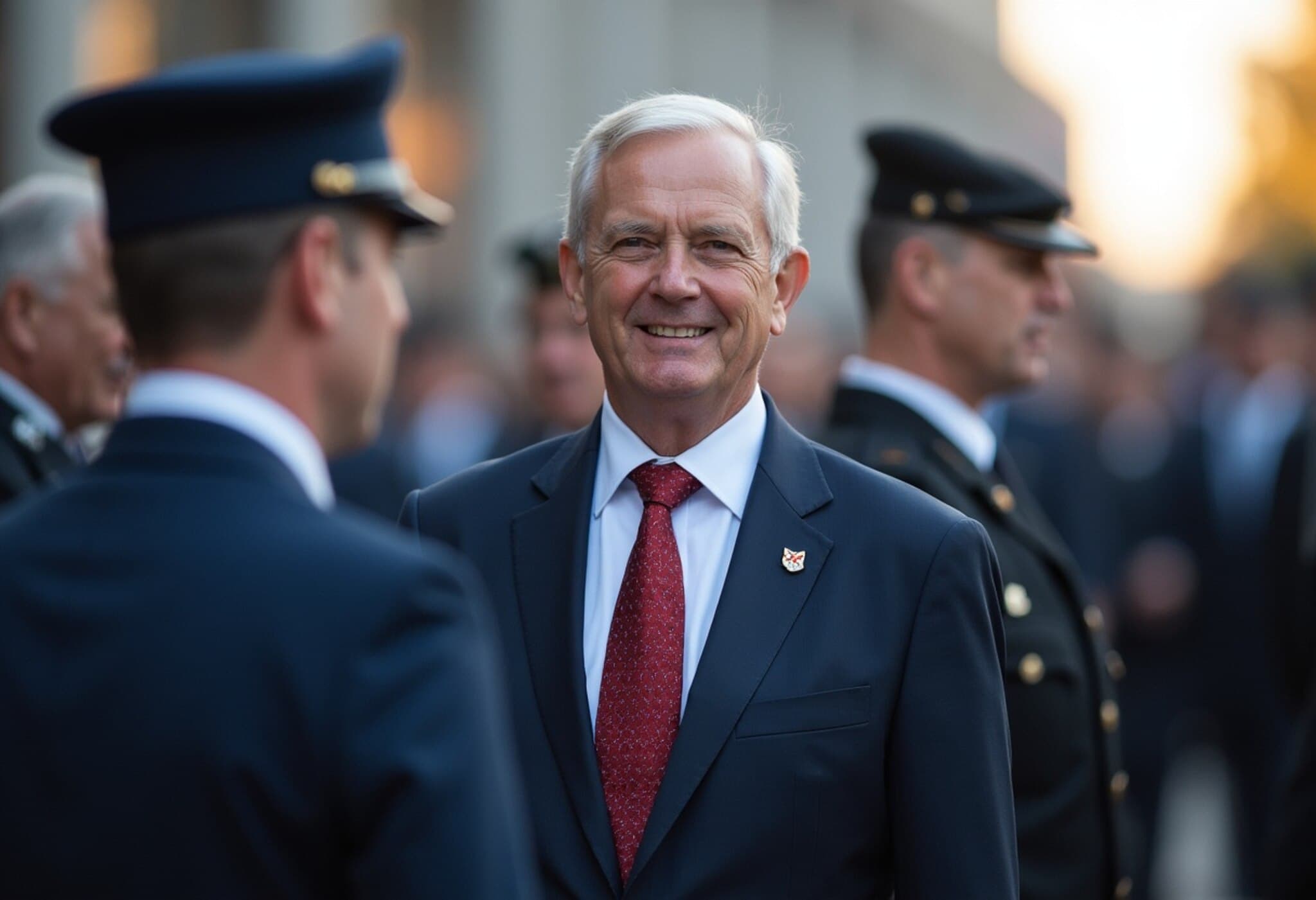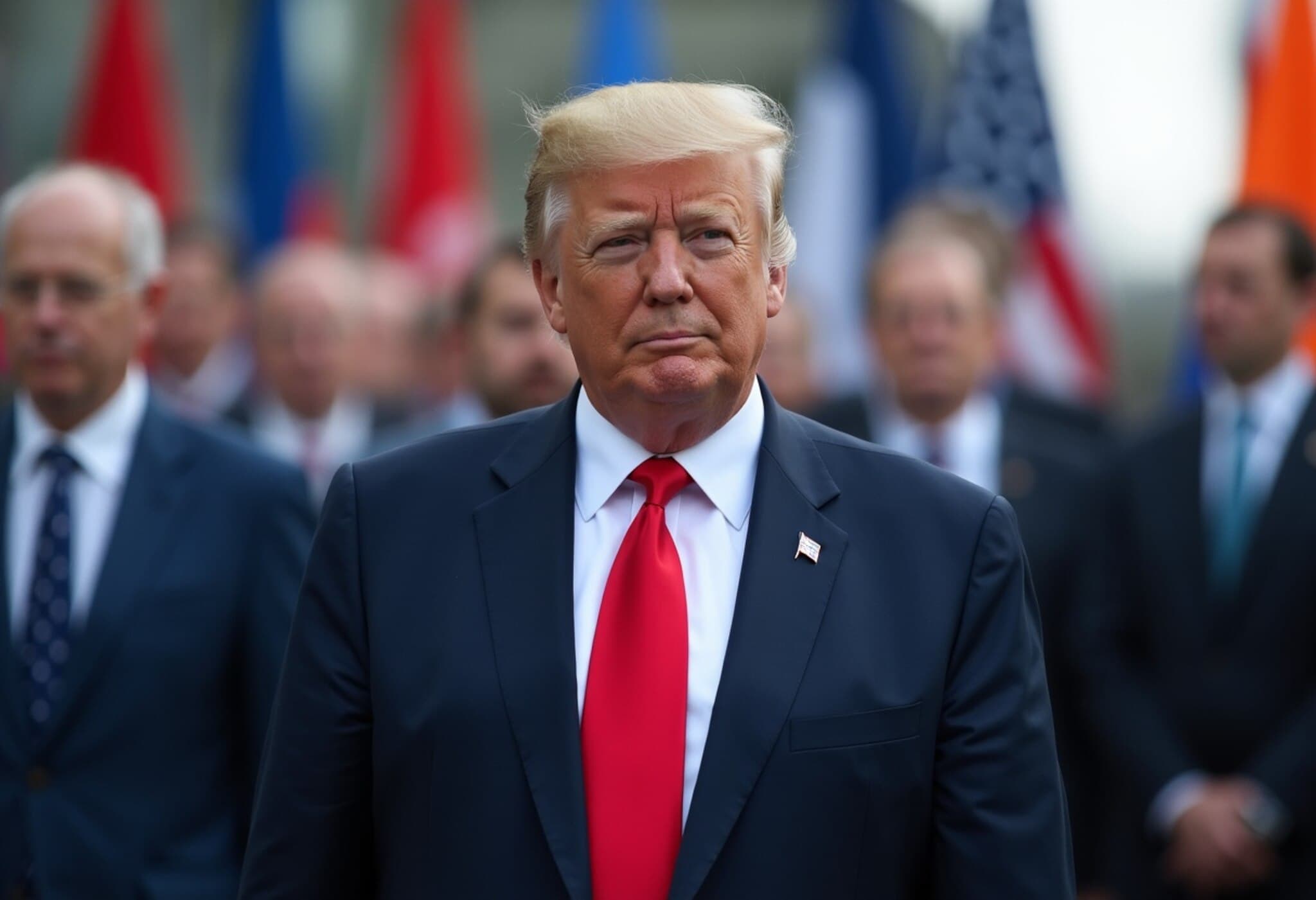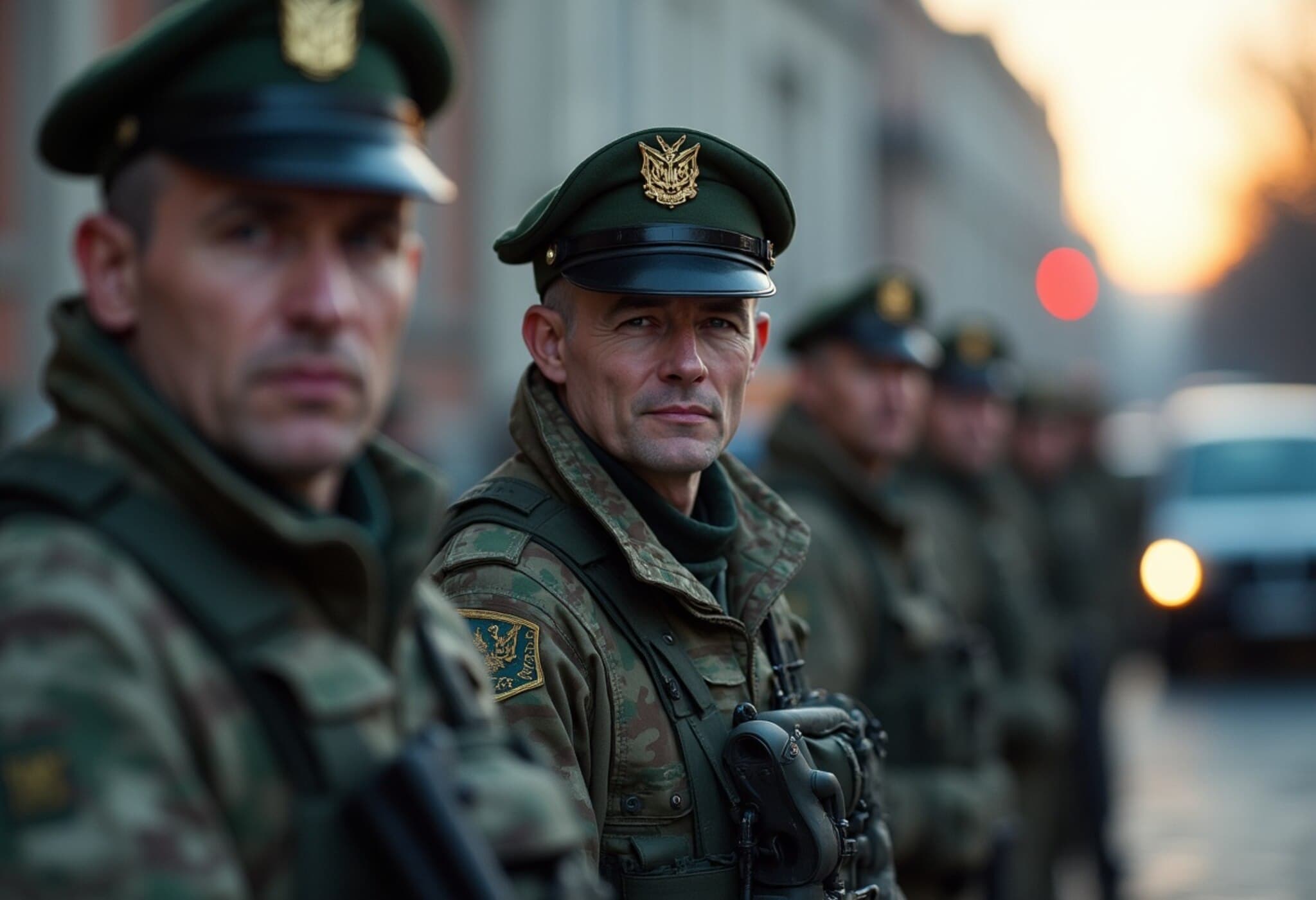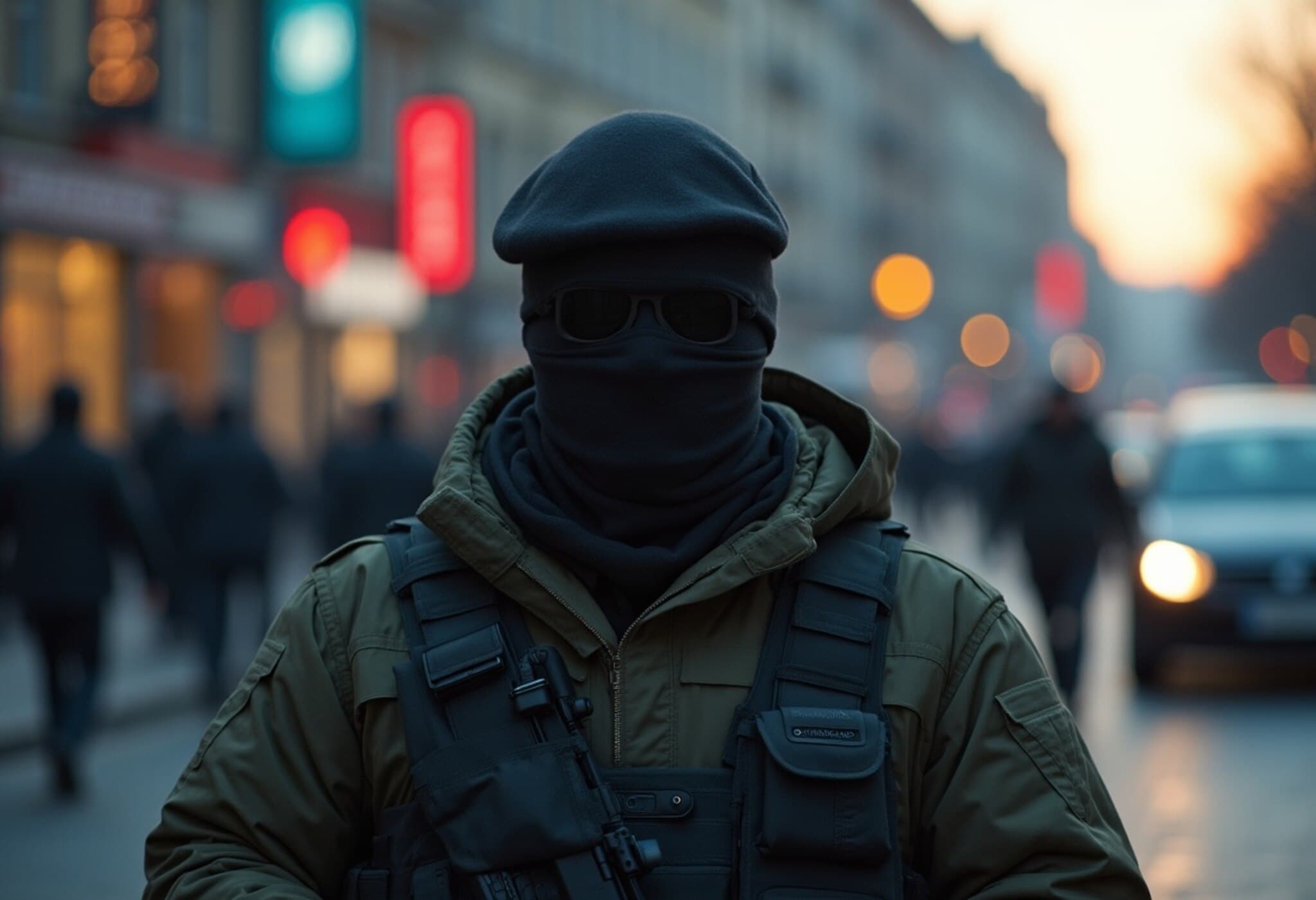Russian Forces Capture Strategic Village in Eastern Ukraine
On July 13, 2025, Russia announced the seizure of the village of Myrne, historically known as “Karl Marx,” located in Ukraine's eastern Donetsk region near the administrative borderline with Dnipropetrovsk. This development marks the continuation of Moscow’s military push westward amid ongoing clashes in eastern Ukraine, as Russian troops intensify their offensive efforts despite diplomatic ceasefire attempts.
The Russian Defence Ministry declared its forces had made significant advances deep into Ukrainian defenses, capturing two villages on this date alone. This military advance occurs even as Washington and Kyiv have advocated for a ceasefire, which Moscow rejects under terms Ukraine finds unacceptable.
Emmanuel Macron Responds: Raising France’s Defence Ambitions
As Russian forces advance, French President Emmanuel Macron is set to unveil an ambitious increase in France’s defence spending during a speech to the nation’s armed forces, timed with the upcoming Bastille Day celebrations. In light of growing threats ranging from the Ukraine conflict to cyberattacks and terrorism, the Élysée Palace emphasized the urgency to adapt national defense priorities to a rapidly shifting global security landscape.
“We are witnessing an unraveling of the established world order,” said a senior official from Macron’s office. “France must invest decisively to confront these mounting threats.”
Deepening Military Investments Amid Budgetary Challenges
Under Macron’s leadership, France has already boosted its defence budget dramatically — from €32.2 billion in 2017 to €50.5 billion in 2025. The government projects this figure will climb to €67 billion by 2030, signaling a clear strategic shift toward enhanced military readiness.
However, these increases come amid complex economic pressures. France faces stringent fiscal oversight from the European Commission, with national debt servicing predicted to cost around €62 billion this year. Despite this, Prime Minister François Bayrou has labeled the defence budget “sacrosanct,” refusing cuts as the government crafts its 2026 financial plans.
Context: Europe's Strategic Recalibration
France's stance is mirrored by several NATO allies who are also ramping up military expenditures. The alliance’s 2023 pledge urges members to allocate at least five percent of GDP to defence. The United Kingdom aims to reach 3.0 percent of GDP by 2029, Germany targets €162 billion in defence spending by the same year (roughly 3.5 percent of GDP), and Poland has committed a notable 4.7 percent.
General Thierry Burkhard, France's Chief of Defence Staff, recently described Russia as France’s “primary adversary in Europe” and warned of the conflict’s lasting impact on the continent's geopolitical future. He also highlighted concerns about potential reductions in US engagement with European security, underscoring the need for European self-reliance.
New Defence Priorities Ahead
Macron's forthcoming address is expected to outline critical enhancements across multiple domains, including:
- Enhanced ground-to-air defence systems to protect against aerial threats.
- Expanded ammunition reserves to sustain prolonged military engagements.
- Advanced electronic warfare capabilities to counter cyber and information warfare.
- Strengthening French space assets for improved surveillance and communication.
Defence Minister Sébastien Lecornu emphasized the imperative for these strategic investments, stating, “It’s our responsibility to meet emerging security challenges head-on to maintain France’s autonomy and protect its interests.”
Expert Commentary: Navigating a Fractured Security Landscape
Experts note that France’s actions reflect a broader European trend of reconsidering long-standing security assumptions in the wake of Russia’s aggression. Increasing defence budgets, while politically and economically sensitive, are seen as necessary steps to adapt to a fragmented international order where hybrid warfare, technological disruption, and conventional military threats coexist.
From a US policy perspective, Europe’s push toward greater military self-reliance aligns with Washington’s calls for burden-sharing but also raises questions about NATO’s evolving role and transatlantic dynamics in the coming decade.
What Lies Ahead?
As the conflict in Ukraine grinds on and geopolitical tensions simmer, the coming months will test Europe's resilience and strategic resolve. Macron’s defence announcements could not only reshape French military doctrine but also influence broader European postures amid an uncertain security environment.
The unfolding situation in Ukraine is prompting critical reflections on national security and defence investments across Europe. France’s commitment to substantially increase military spending underlines an emerging consensus that preparedness cannot be sacrificed, even amid fiscal constraints. Readers should consider how this recalibration might affect European integration, NATO unity, and the global balance of power, especially as hybrid threats continue to evolve.

